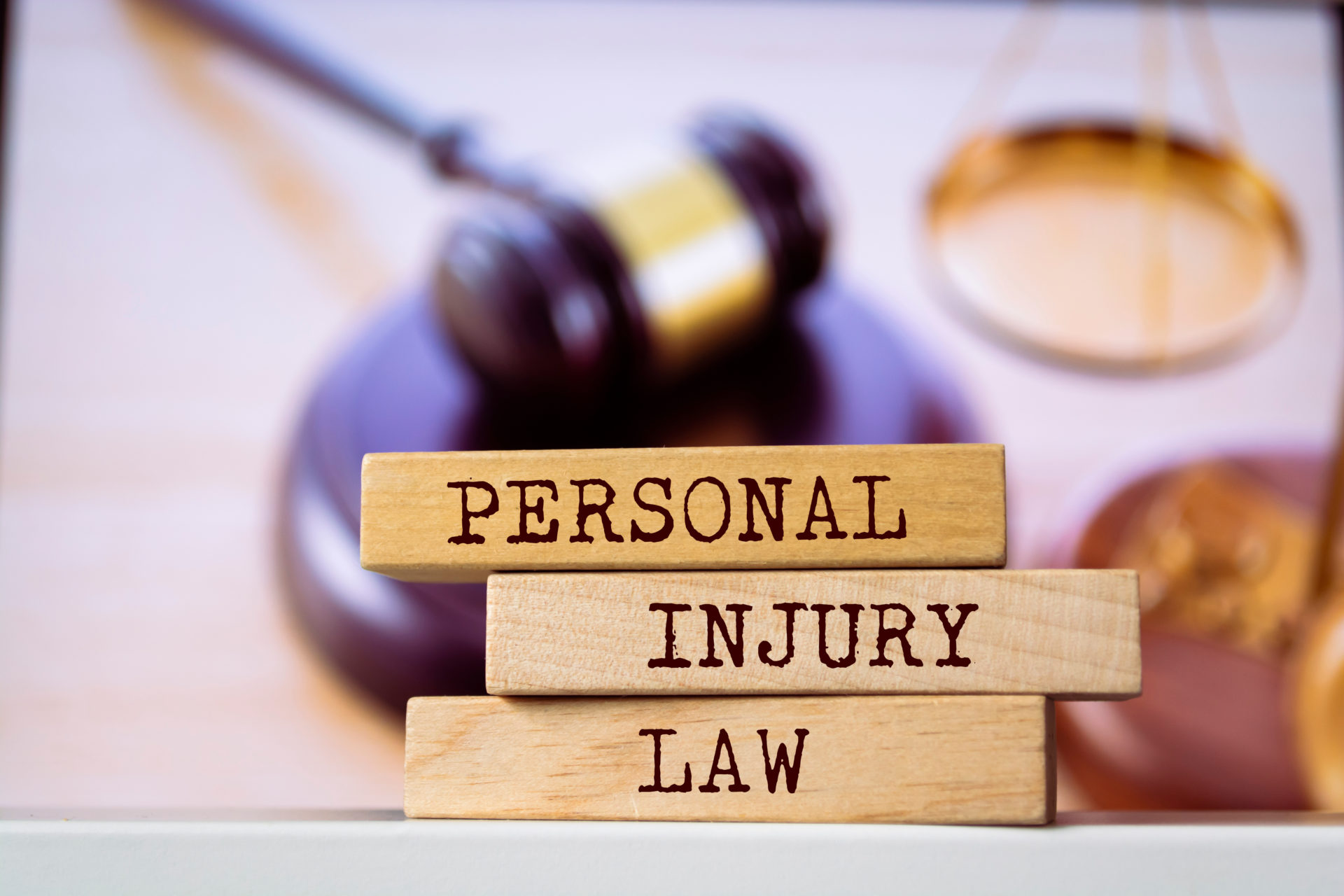Excellent experience start to finish – always very responsive to any queries and the turnaround on the property I was buying was very quick, even in the busy time leading up to stamp duty deadline. Jenny was always very helpful and went above and beyond to close on a short timescale.
- Elderly Care Solicitors
- Clinical Negligence Claims
- Dispute Resolution Solicitors
- Employment Law Solicitors
- Family Law
- Lasting Powers of Attorney Solicitors
- Personal Injury Claims
- Probate Solicitors
- Professional Defence Lawyers
- Professional Negligence Solicitors
- Residential Property Solicitors
- Legal Trusts
- Wills & Estate Planning Solicitors
- Banking & Financial Transactions
- Business Dispute Resolution
- Business Advice Centre
- Business Debt Recovery
- Business Law Glossary
- Buying & Selling a Business
- Commercial Litigation
- Commercial Property Solicitors
- Commercial Solicitors
- Corporate Law
- Employment Solicitors
- Health & Safety Law
- Healthcare Solicitors
- HR Support
- Insolvency & Business Recovery
- Intellectual Property Law
- Professional Negligence
- Premises Licensing
Our Manchester office is rated 5 stars on Google
Categories
Menu /
Our Services /
Personal /
Business /
Company /
Locations /















